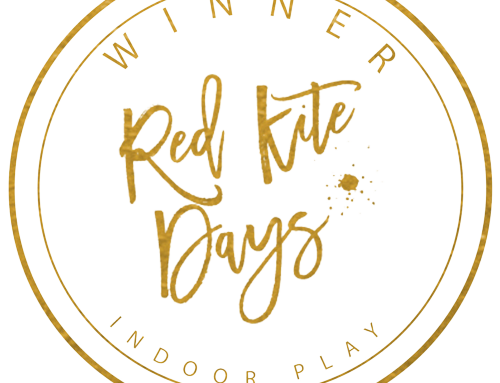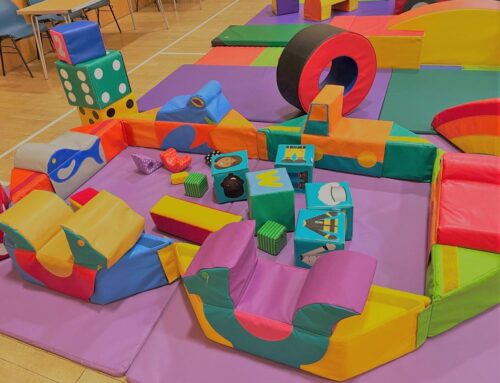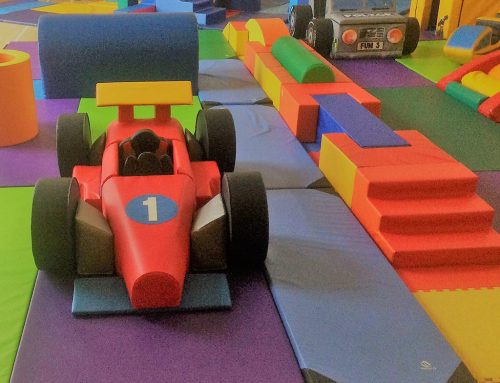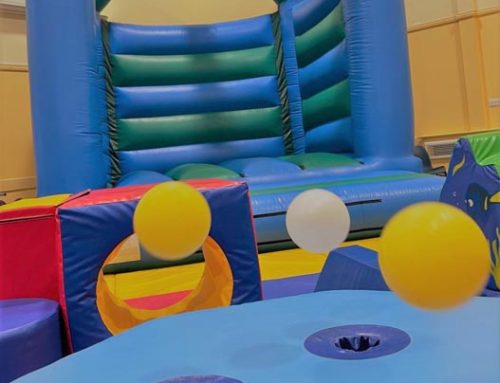Learning journeys through play
The development from a baby to a small child is unique for everyone and ‘play’ plays a huge part in that journey, as this extract from Guildford Play Strategy 2016-2021 explains:
‘From birth, children are active participants in building their own understanding. They do this by experimenting, observing and participating with other children and adults.
As a child learns to reach, grasp, crawl, run, climb and balance, physical skills are developed. Dexterity develops when the child handles toys or other objects. Language increases as a child plays and interacts with others. A baby’s cooing games with parents evolve into the language skills of a child sharing stories. Learning to cooperate, negotiate, take turns and play by the rules are important interpersonal lifetime skills, all of which play fosters.
Positive play experiences develop emotional wellbeing. Through play and imagination, a child can fulfil wishes and overcome fears of unpleasant experiences. Play helps the child master the environment. When children feel secure, safe, successful and capable, they acquire important components of positive emotional health. Sharing play experiences can also create strong bonds between a parent and child.’





